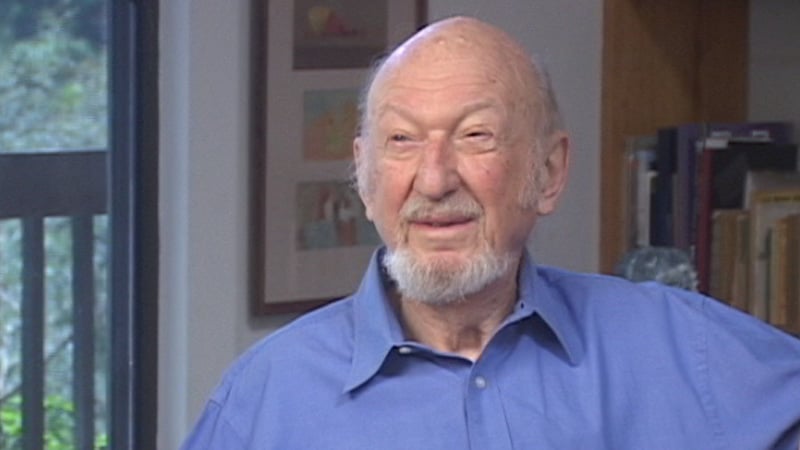Visual History with Irvin Kershner
Interviewed by:Jeremy Kagan
Born in Philadelphia, Pennsylvania, Irvin Kershner (nicknamed “Kersh”) studied music, painting, and photography during his early life before attending the USC School of Cinematic Arts. When he graduated in 1950 he accepted a position with the United States Information Service and directed and shot several documentaries in Iran, Greece, and Turkey. Upon his return to the United States, Kershner developed the documentary series Confidential File for which he served as director, writer, cinematographer, and editor. This segued into directing for such television series as The Rebel, Peyton Place, Cain’s Hundred, Philip Marlowe, and Naked City.
It was during he directed his first feature film, Stakeout on Dope Street (1958) with the help of independent producer Roger Corman. Other film credits include The Young Captives (1959), Hoodlum Priest (1961), The Luck of Ginger Coffey (1964), A Fine Madness (1966), Loving (1970), Up the Sandbox (1972), S*P*Y*S (1974), The Return of a Man Called Horse (1976), the acclaimed television movie Raid on Entebbe (1976), and Eyes of Laura Mars (1978). In 1980 Kershner directed his most well-known film—Star Wars: Episode V – The Empire Strikes Back, the second produced installment of George Lucas’ Star Wars franchise. Kershner initially rejected the offer to direct, but was eventually convinced by Lucas, one of his former students at USC film school. Kershner then directed Sean Connery’s return to the James Bond role in Never Say Never Again (1983), as well as RoboCop 2 (1990), and episodes of the series Amazing Stories and SeaQuest 2032.
For his directorial efforts, Kershner was nominated for a Primetime Emmy for the television movie Raid on Entebbe. He also won the Best Director Award from the Academy of Science Fiction, Fantasy & Horror Films for Empire Strikes Back, along with a Life Career Award in 2010.
Jeremy Kagan conducted the interview over two days in 2001 at the DGA building in Los Angeles, and in 2004 at Mr. Kershner’s home.
Kershner passed away in November 2010.
Select Viewing Option:
Highlights